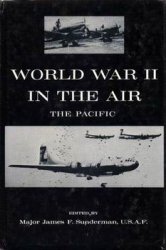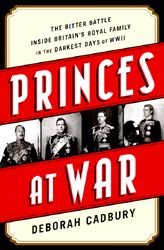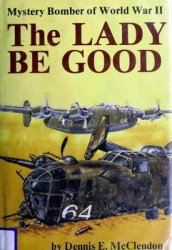This sign of a disintegrating monarchy soon became the norm. Isolated
at Russian central military headquarters at Mogilev, Nicholas tried in vain
to reach his capital. A railwaymen's strike diverted him to the headquarters
of the northern front. There his generals persuaded him to abdicate.
The Provisional Government took power in the wake of the tsar's
departure. Drawn from members of the Duma, it was a self-appointed body
whose members were acutely aware that they held no formal popular
mandate. Nonetheless, they proclaimed freedom of the press and the right
of workers to strike and granted amnesty to all political prisoners. The
traditional police force was abolished in favor of a new, supposedly less
repressive militia. Perhaps due to its high ideals, perhaps due to hopes it
might wage the war more effectively, the postrevolutionary government
enjoyed a brief period of popularity. Initially, the dominant figure was Paul
Miliukov, the foreign minister and a western-style liberal. A rising figure
who came to direct the Provisional Government by early summer was the
more radical Alexander Kerensky. Both leaders, however, were committed
to remaining in the war and postponing radical social and political change.
Events soon outran their control.
The delay in carrying out basic reforms such as distributing land to the
peasantry undercut the government's authority. Peasants soon took over
lands without waiting for the government's approval. The decision to remain
in the war proved even more unpopular. Desertion rates, high even in 1914,
now threatened the very existence of the armed forces. Moreover, since the
start of the revolution, the Provisional Government had been forced to share
power with the Petrograd Soviet. This group of revolutionary intellectuals
claimed to represent the interests, not of the entire nation, but of the
peasants, workers, and soldiers. Its leadership grew increasingly radical,
especially by the fall of 1917.
|
|
||||||||
|
Www.WorldHistory.Biz
Sundries
 Contact Contact
|
 
11-08-2015, 17:11
THE TSAR'S ABDICATION AND THE FORMATION OF A PROVISIONAL GOVERNMENT
  |
|||||||
 |
 |
 |
 |
|||||
|
||||||||

 World History
World History





